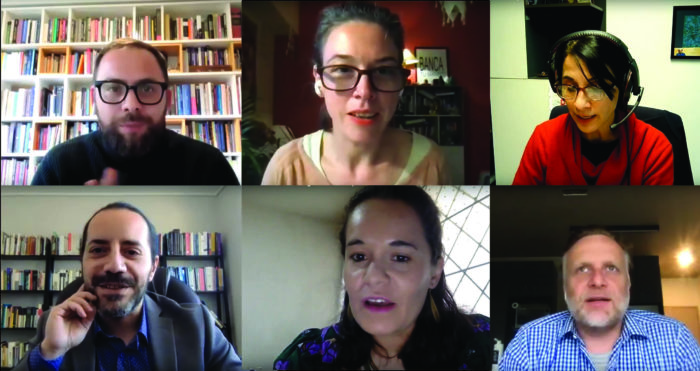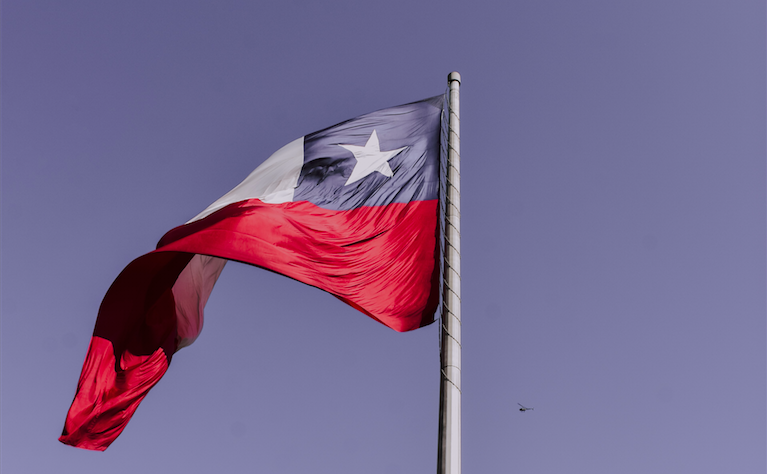The ICJ conducted a seminar on investigative standards on 7 September 2021, for 80 Chilean prosecutors in charge of prosecuting crimes related to serious human rights violations, including those committed during the widespread social protests that took place in October 2019.

The session was led by several leading international legal experts, including Kingsley Abbot, ICJ senior legal adviser, Pietro Sferrazza, professor at the Law School of the Andrés Bello University of Chile, and Maria Alejandra Segura, anthropologist and principal investigator of the Argentine Forensic Anthropology Team.
The seminar addressed the application of the 2016 Minnesota Protocol on the Investigation of Potentially Unlawful Death and the importance of complying with international standards related to the investigation of unlawful killings, especially extrajudicial killings in the context of social protests.
The Minnesota Protocol is a set of good practices, grounded in international law and standards, recommended for the investigation of potentially unlawful deaths.
Kingsley Abbot, ICJ coordinator of the Global Accountability Initiative, referred to the Protocol as an indispensable guidebook on how to conduct such investigations.
“An investigator might take it to the field and find it useful when interviewing witnesses or securing a crime scene” he explained.
Experts stressed the importance of investigations being carried out promptly, impartially and transparently. “The more time passes, the more risk that evidence will be lost, destroyed or deteriorated, or a witness will become fearful or memory will fade” Abbot explained. Furthermore, investigations shouldn’t be kept a secret and should “be open to the scrutiny of the victims, their families and also the public.”
The participation of family members was also identified as a key element in well-conducted investigations. Family members must not only be informed of their progress, but must be protected from any ill-treatment, intimidation or punishment for their participation in the investigation.
Pietro Sferrazza, explained that jurisprudence of the Inter-American Court of Human Rights and its strict is standards of investigation for serious human rights violations, which is complimented by the Minnesota Protocol.
Maria Alejandra Segura, noted that he Minnesota Protocol, including in its original formulation, has served as a foundation for more than 25 years to investigate potentially unlawful deaths, and its correct application can provide some peace of mind for the families of the victims that are waiting for a thorough investigation.
The ICJ has published a Practitioners’ Guide (No. 14) on “Investigation and Prosecution of Potentially Unlawful Death” based on the Minnesota Protocol that is available here:
Also, see two introductory videos by the late Christof Heyns and Kingsley Abbott on the Minnesota Protocol here: https://youtu.be/Y207WDqhLG4 and here: https://youtu.be/JVl2uLrBAb4
Contact:
Kingsley Abbot, ICJ coordinator of the Global Accountability Initiative and Senior Legal and policy adviser, kingsley.abbot@icj.org
Carolina Villadiego Burbano, ICJ Latin America Legal and Policy adviser, carolina.villadiego@icj.org




